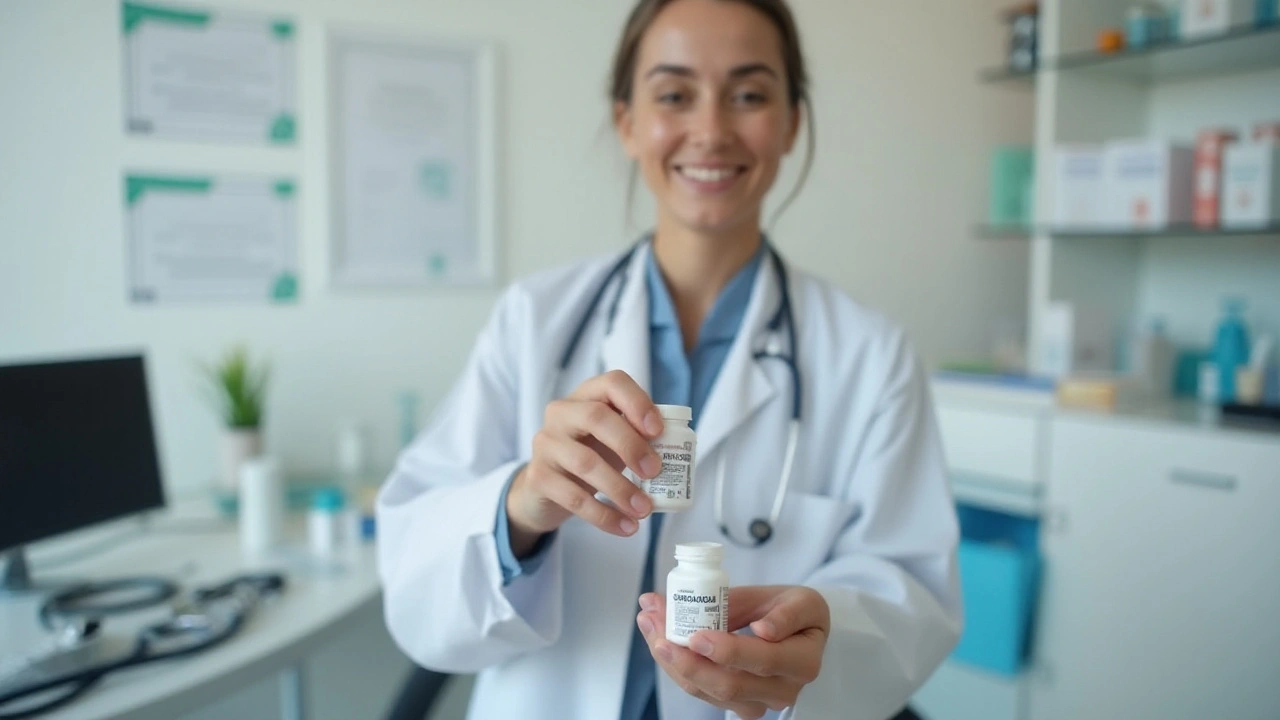Infection Treatment: Quick Tips You Can Use Today
If you’ve got a sore throat, a skin rash, or just feel run down, your body is probably fighting an infection. The good news? Most everyday infections can be handled at home with the right steps, and you’ll know exactly when it’s time to call a doctor.
Know Your Options: Antibiotics vs. Home Care
Antibiotics are powerful, but they only work on bacterial infections. Using them for viral bugs like colds or flu won’t help and can create resistance. Before you grab pills from an online pharmacy, ask yourself: does the infection look pus‑filled, swollen, or feverish? Those signs often point to bacteria.
If it’s a mild skin scrape or a cold sore, start with simple home care:
- Keep the area clean with gentle soap and water.
- Apply an over‑the‑counter antiseptic cream (bacitracin or povidone‑iodine).
- Stay hydrated and rest – your immune system does most of the heavy lifting.
For bacterial skin infections, a short course of oral antibiotics like doxycycline or amoxicillin may be prescribed. Always get a legitimate prescription; buying cheap pills from unverified sites can put you at risk.
When to See a Doctor Fast
Most infections improve in 3‑5 days. If you notice any of these, seek medical help right away:
- Fever above 101°F (38.5°C) that won’t come down.
- Rapid swelling, redness spreading quickly, or intense pain.
- Difficulty breathing, chest pain, or a rash that looks like hives.
- Persistent vomiting, diarrhea, or dehydration signs.
These symptoms could mean the infection is moving beyond your skin or throat and needs stronger treatment.
For chronic issues—like recurring urinary infections or sinus problems—talk to a specialist. They can run labs, pinpoint the exact bug, and tailor an antibiotic plan that won’t waste time.
Safe Online Purchases (If You Need Them)
If you do need medication, choose reputable online pharmacies that require a prescription and have clear contact info. Look for verification seals, read user reviews, and compare prices with local pharmacies. Avoid sites that promise “no prescription needed” for antibiotics.
Remember: the cheapest price isn’t worth risking counterfeit pills or harmful side effects. A legitimate pharmacy will also give you dosage instructions and a way to ask follow‑up questions.
Boost Your Body’s Own Defense
While you’re treating an infection, give your immune system a boost:
- Eat vitamin C‑rich foods (oranges, bell peppers) and zinc sources (nuts, beans).
- Get at least 7–8 hours of sleep each night.
- Avoid smoking or heavy alcohol, which can weaken immunity.
These habits don’t replace medical treatment but they speed up recovery and may prevent future infections.
Bottom line: start with proper hygiene, know when antibiotics are needed, watch for warning signs, and only buy meds from trusted sources. Follow these steps and you’ll handle most infection battles without a hitch.
Ornidazole: A Game-Changer in Tackling Helicobacter Pylori Infections
This article dives into the pivotal role Ornidazole plays in treating Helicobacter Pylori infections. It sheds light on the basic information, benefits, how it works, and practical tips for those dealing with these infections.
© 2026. All rights reserved.

